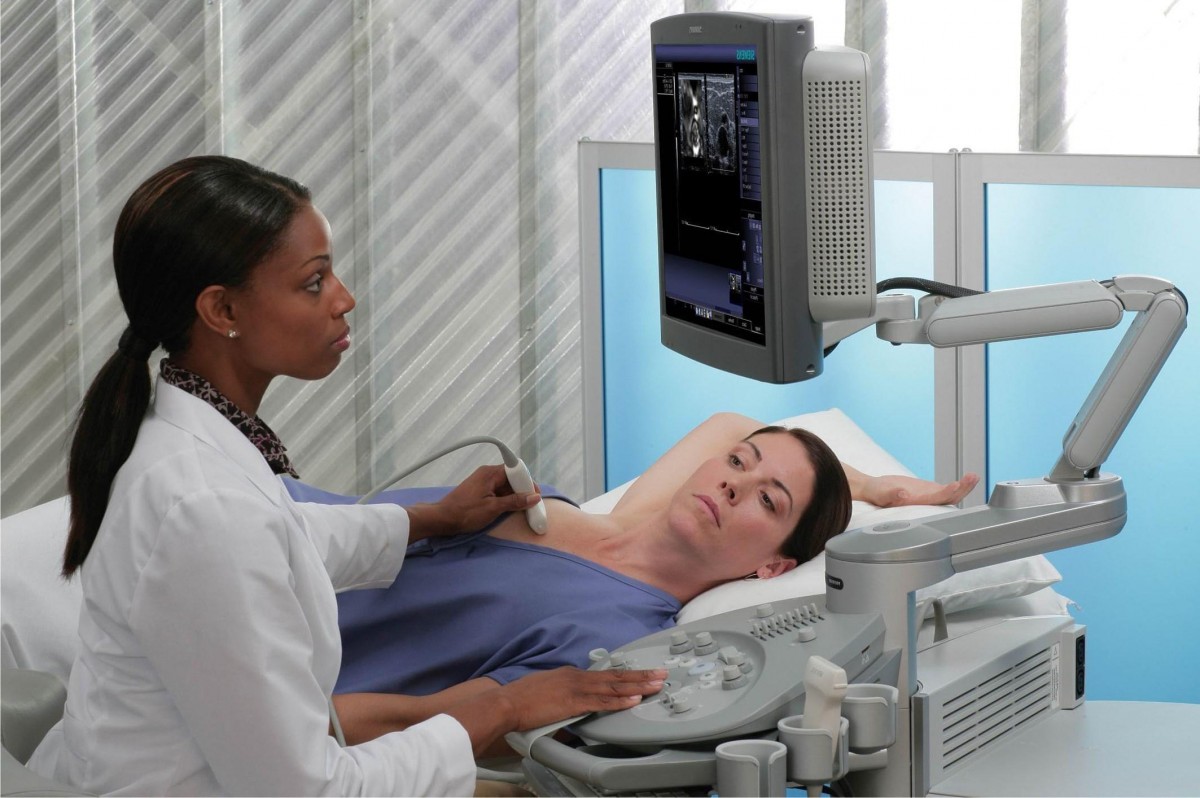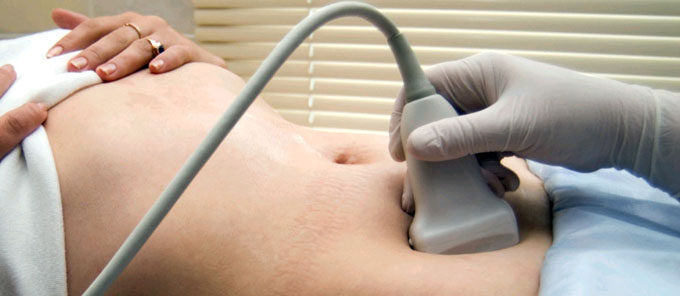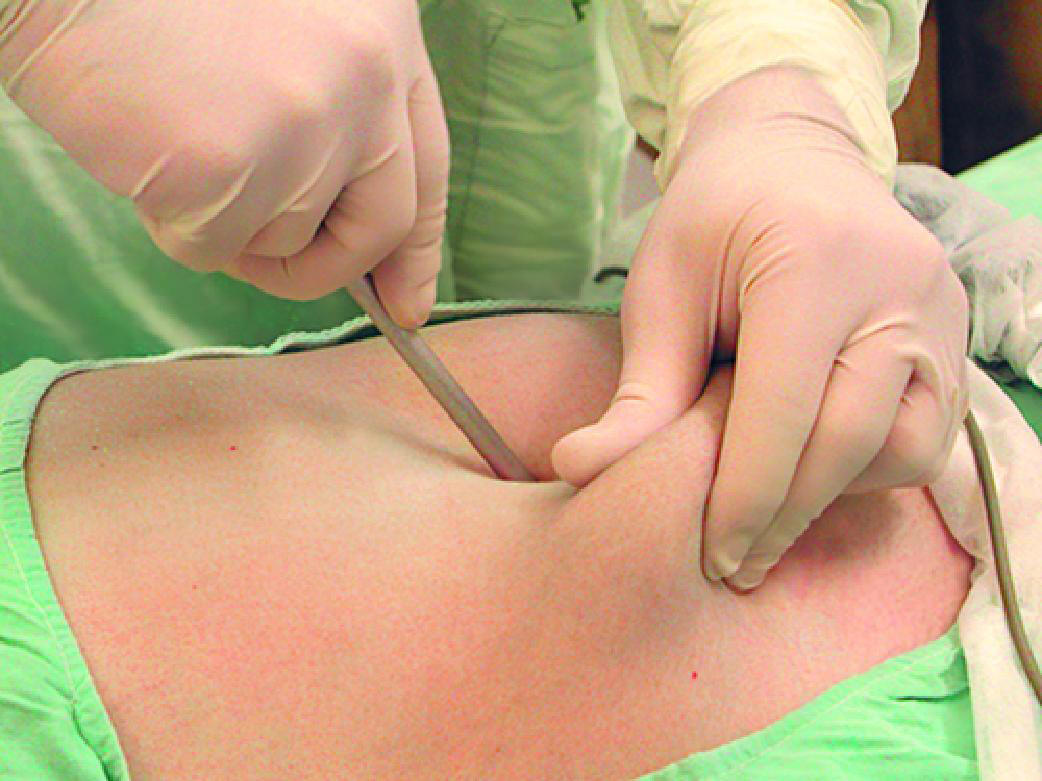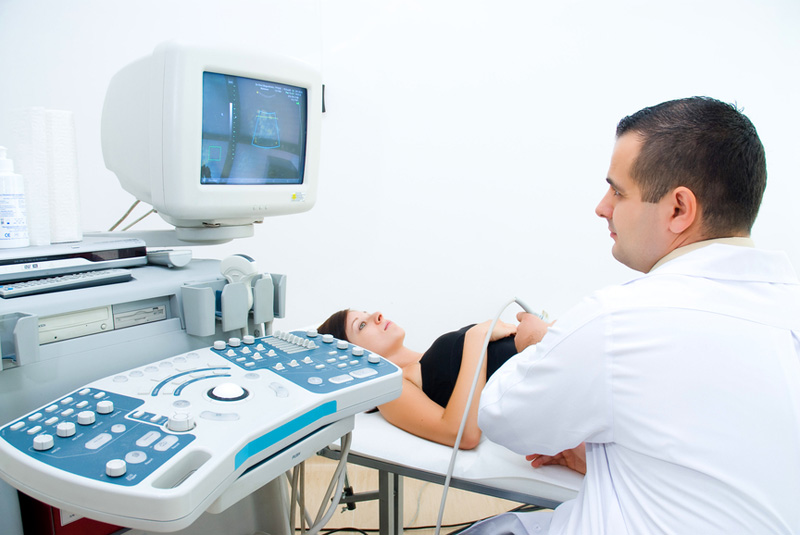
watson v british boxing board of control 2001 case
м. Київ, вул Дмитрівська 75, 2-й поверхwatson v british boxing board of control 2001 case
+ 38 097 973 97 97 info@wh.kiev.uawatson v british boxing board of control 2001 case
Пн-Пт: 8:00 - 20:00 Сб: 9:00-15:00 ПО СИСТЕМІ ПОПЕРЕДНЬОГО ЗАПИСУwatson v british boxing board of control 2001 case
A primary stated object of the Board was to look after its boxing member's physical safety. 95. I turn to the law. 72. Watson v British Boxing Board of Control [2001] QB 1134 was a case of the Court of Appeal of England and Wales that established an exception to the defence of consent to trespass to the person and an extension of the duty of care expected in cases of negligence. To my mind it is difficult in such a situation to profess a concern for safety and to deny a duty such as I have described. "Here all that is clear is that on the balance of probabilities the Claimant's present state would have been materially better than it actually is. ", "But where an educational psychologist is specifically called in to advise in relation to the assessment and future provision for a specific child, and it is clear that the parents acting for the child and the teachers will follow that advice, prima facie a duty of care arises. Had the ambulance been, in fact, just as satisfactory, this would have meant that the absence of a Rule requiring such a facility would have had no causative effect. 255.". Mr Watson should have been resuscitated on losing consciousness and then taken directly to the nearest hospital with a neurosurgical capability, which should have been standing by to operate without delay. At this stage it is enough to note that the advice set out the professional expertise expected of the medical officers and details of equipment needed to perform their duties. The setting of rules could be akin to the giving of advice and thus had an indirect influence on the occurrence of the injury. The Board had, or had access to, specialist expertise in relation to appropriate standards of medical care. 3. Again I disagree. In case of any confusion, feel free to reach out to us.Leave your message here. 57. The move is being made as a cost-cutting measure in the wake of the Michael Watson case. On the law relied upon by the Judge, this was all that Mr Watson needed to succeed. The defendant company had a policy for achieving responsible gambling, . These considerations lead to the final point made by Mr Walker in the context of proximity. The occurrence of a haematoma could not have been prevented but its effects could have been mitigated. The acceptance of the call in this case established the duty of care. At the North Middlesex Hospital he was intubated, that is an endotrachael tube was inserted, and he was given oxygen. expounded the relevant principles of law in the following passages: "A minimum requirement of particularity and contemplation is required. I do not find this surprising. This meant doctors able to intubate and put up a drip to treat the injured boxer immediately with Manitol. The patient is then artificially ventilated through this tube with oxygen. These can be divided into three categories: i) rules designed to ensure that a boxer is not permitted to fight unless he is fit. There is no question but that anyone with the appropriate expertise would have advised such a system whatever reservations they may have had, as had Professor Teasdale, about its ultimate utility.". [4] After recovering consciousness, he sued the BBBC, arguing that because they laid down the rules governing professional boxing that ensured his safety, they owed him a duty of care and should have ensured that he was properly and immediately treated. 3.5.2 For British and Commonwealth Championship contests only, or Thus the necessary `proximity' was not made out. [5] Phillips noted that the BBBC had taken control of medically supervising the sport, and that the duty of care was not just to avoid injuries, but "to ensure that injuries already sustained are properly treated". No reasonably competent educational psychologist, exercising reasonable skill and care, would have given such advice. The Board, however, arrogates to itself the task of determining what medical facilities will be provided at a contest by (i) requiring the boxer and the promoter to contract on terms under which the Board's Rules will apply and (ii) making provision in those Rules for the medical facilities and assistance to be provided to care for the boxer in the event of injury. 129. The duty will be owed to the victim of a road accident who is received by the hospital unconscious. At the end of the contest one doctor remains ringside, the other should follow both contestants back to the dressing room and should at least check that both boxers are in a satisfactory condition and if not instigate any treatment that is required, preferably in the treatment room provided. 29. The final question is, to what extent? It is to make regulations imposing on others the duty to achieve these results. Lord Oliver at p.633 also emphasised the difficulty of using the three requirements as a practical guide to the existence of a duty of care. Lord Browne-Wilkinson answered this question in the affirmative. His answer was that he was sure that these things were discussed but he could not remember. In Watson v British Boxing Board of Control Ltd,l the Court of Appeal has upheld an unprecedented decision that a regulatory body can be liable for negligence in the exercise of its rule-making functions. I would simply comment that if the Board were given the statutory function of directing what medical assistance should be provided to boxers at the stadium, I consider that it would be at least arguable that they owed boxers a duty of care in exercising that function. 119. 70. I shall revert to the details of this when I come to consider the question of breach. Mr Watson's case can be summarised as follows: i) The Board assumed responsibility for the control of an activity the essence of which was that personal injuries should be sustained by those participating. 71. In my judgment there is a difference in principle between making Rules and giving advice, but it is not one which assists the Board. Applied Barrett v Ministry of Defence CA 3-Jan-1995 The deceased was an off-duty naval airman. It seems to me that the authorities support a principle that, where A places himself in a relationship to B in which Bs physical safety becomes dependant upon the acts and omissions of A, As conduct can suffice to impose on A a duty to exercise reasonable care for Bs safety. and Had the board simply given advice to all involved in professional boxing as to appropriate medical precautions, it would be strongly arguable that there was insufficient proximity between the board and individual boxers to give rise to a duty of care. The numbers of those to whom the duty is alleged to be owed in the present case are not incompatible with the requirements of proximity. (Rules 8.5 and 8.6). The background to this case was described by Hobhouse L.J. The child was in a singularly vulnerable position. The duty alleged is a duty owed to a determinate class - professional boxers who are members of the Board. The Bout Agreement, which was subject to the sanction of the Board, provided that: "The bout will be conducted in accordance with the rules and regulations of the WBO and BBBC". 97. The issue in this action is not whether the right policy was adopted but simply whether proper care was used in making provision for medical treatment of Mr Watson. A little later he said "As Chief Medical Officer, my approach has always been that preventative controls are the key to making a physically hazardous sport as safe as possibleour interest in preventative controls covers the whole gamut of professional boxing.". Lord Steyn, however, gave short shrift to an argument based on assumption of responsibility: "Given that the cargo owners were not even aware of N.K.K. 99. (Rule 8.1). As part of the health service it should owe the same duty to members of the public as other parts of the health service. Mr Walker's challenge to these findings was based on a single point. If his condition was satisfactory, he could have been transferred for resuscitation to hospital, there have his condition stabilised and thereafter be transferred to a Neurosurgical Unit for more definitive investigation and treatment. This would mean an appointment of a Senior Medical officer specifically for the major event and then two other doctors on duty to ensure that there were always two doctors at the ringside while a major contest was taking place.". That case involved four further claims by children against local education authorities for, among other things, negligently failing to address their special educational needs. The most obvious category of case of a duty of care to administer medical treatment to restrict the consequences of injury or illness, or to effect a cure, is that of the duty owed by a doctor or a hospital authority to a patient. ", The Regime Applying to the Contest Between Watson and Eubank. Ian Kennedy J. equated the formulation of rules and regulations with the giving of advice and these decisions are of relevance in this context. As for the argument that the local authorities were vicariously liable for negligence on the part of those giving them advice, Lord Browne-Wilkinson held at pp.752-3: "The claim based on vicarious liability is attractive and simple. 37. Subsequently they were incorporated in the Rules by an addition to Regulation 8. In support of that proposition Mr. Walker relied upon, 79. But it has never been a requirement of the law of the tort of negligence that there be a particular antecedent relationship between the defendant and the plaintiff other than one that the plaintiff belongs to a class which the defendant contemplates or should contemplate would be affected by his conduct. Despite this statement, Ian Kennedy J. suggested that where there was a potential for physical injury there was no need to go beyond the test of foreseeability in deciding whether a duty of care existed, relying on Perrett v. Collins [1998] 255. 3.5.1 A Referee shall officiate inside the boxing ring to score the contest and act as sole arbiter of the Rules of Boxing except for British and Commonwealth Championship contests, or other such contest that the Stewards in their absolute discretion deem appropriate. The doctors should decide between them who will remain ringside and who will undertake the emergency treatment should the need arise. The education of the pupil is the very purpose for which the child goes to the school. In fact, it took very much longer than a few minutes to get to the hospital, for reasons that were not identified at the trial. In laying down Rules for the benefit of boxers generally, however, Mr Walker submitted that the Board was under no duty of care. [2] The case was then appealed to the Court of Appeal of England and Wales, where a 3-judge panel consisting of Phillips MR, May LJ and Laws LJ delivered their judgment on 19 December 2000. Caring for the needs of boxers, and in particular the physical safety of boxers, is the primary object of the Board. Order: Appal dismissed with costs on the issues of liability and causation here and below, those costs to be assessed forthwith on to Legal Services Assessment; 18,000 in Court to be paid out in part satisfaction of those costs forthwith; detailed assessment on standard basis; Legal Services Commission taxation; application for permission to appeal to House of Lords refused. If, which I doubt, this conclusion represents any step beyond what is already settled law, I am fully persuaded it is a proper one to take.". I conclude that the Judge correctly found that the Board owed Mr Watson a duty of care. They alleged that the local authorities had provided services under which, in one case, educational psychologists and, in the other, advisory teachers provided advice to teaching staff and parents as to whether children had special educational needs. Those limits have been found by the requirement of what has been called a "relationship of proximity" between plaintiff and defendant and by the imposition of a further requirements that the attachment of liability for harm which has occurred be "just and reasonable". In 1989 it was incorporated as a company limited by guarantee. Many of the matters considered under the heading of proximity are also relevant to the question of whether it is fair, just and reasonable to impose a duty of care in this case. a) Requirements as to protective covering for the ring floor and the corners (Rule 3.4). Interact directly with CaseMine users looking for advocates in your area of specialization. It trades under the name of the "Popular Flying Association" and it appears that either its main role or one of its main roles is to run that association. A. JURISDICTION TO INTERPRET A FEDERATION'S RULES OF PROCEDURE IN DOPING CASES41 a) Case of Smith v International Triathlon Union (Supreme Court of British Colombia, Vancouver, The Board is non-profit making. It is not possible to measure even on the balance of probabilities where the damage would have stopped if the protocol had been followed. The Board accepted these recommendations and promulgated them by way of guidance. Mr. Walker advanced five arguments in support of the proposition that there was insufficient proximity to give rise to a duty of care on the facts of this case. Held: The respondent had not assumed a general responsibility to all road users . They have not succeeded. 14. 2. The defendant appealed against a finding of 25% responsibility in having failed to warn climbers that the existence of thick foam would not remove all . This stated that the Board was accepted as being the sole controlling body regulating professional boxing in the United Kingdom and stressed the importance that the Board place on ensuring the safety of boxers. 106. The facilities provided accorded with the advice to medical officers issued by the Board's Medical Committee, to which I referred earlier. In my judgement in the present cases, the social workers and the psychiatrist did not, by accepting the instructions of the local authority, assume any general professional duty of care to the plaintiff children. In support of that proposition Mr. Walker relied upon X v Bedfordshire CC and Stovin v Wise [1996] AC 923. 49. If Mr Watson has no remedy against the Board, he has no remedy at all. . This involves intubation, or the insertion of an endotracheal tube. radio It is not sufficient for the doctor to be in the vicinity of the ring as in the case of an emergency the speed of the doctor's reactions in treating this are all important. In the leading speech Lord Slynn advanced the following statement of principle at pp.790-1: "As to the first question, it is long and well-established, now elementary, that persons exercising a particular skill or profession may owe a duty of care in the performance to people who it can be foreseen will be injured if due skill and care are not exercised, and if injury or damage can be shown to have been caused by the lack of care. Had he been asked in the period before the Eubank/Watson fight to advise on precautions in relation to the risk of serious head injury, he said that he would have given the same advice as Mr Hamlyn. In any event, option B was the one that was undertaken. "The Board does not create the danger. iii) Those taking part in the activity, and Mr Watson in particular, relied upon the Board to ensure that all reasonable steps were taken to provide immediate and effective medical attention and treatment to those injured in the course of the activity. Flashcards. He claimed that the Board had been under a duty of care to see that all reasonable steps were taken to ensure that he received immediate and effective medical attention and treatment should he sustain injury in the fight. The child has a learning difficulty. In consequence, the pupil fails to receive the appropriate educational treatment and, as a result, his educational progress is retarded, perhaps irreparably. The position is directly analogous with a hospital conducted, formerly by a local authority now by a health authority, in exercise of statutory powers. 85) or a producer may be liable for the absence of an adequate warning on the labelling of his product (e.g. Finally I return to Perrett v. Collins, the only case referred to by Ian Kennedy J. when considering the question of duty of care. He rejected it, holding that the standard to be expected of an ambulance dealing with every kind of medical emergency was not the same as the standard to be expected from those making provision for a particular and serious risk which was one of a limited number likely to arise. Herbert Smith, London. I do not believe that the evidence admits of any accurate answer to this question but that is by no means an uncommon situation in cases of this sort. In Smoldon v Whitworth [1997] PIQR P133 the duty of care had been conceded in the context of a school colts game and similarly, boxing came under scrutiny in Watson v British Boxing. The normal duty of a doctor to exercise reasonable skill and care is well established as a common law duty of care. Whilst unattended he vomited and died as a result of inhaling his own vomit. The first challenge to the Judge's finding on breach of duty was that he applied the wrong test. Watson v British Boxing Board of Control[2001] QB 1134was a case of the Court of Appeal of England and Walesthat established an exception to the defence of consent to trespass to the personand an extension of the duty of care expected in cases of negligence. at p.262 which I have set out above. "One can summarise the aims of treatment of a patient who has been rendered unconscious as the result of a head injury as follows: 1. Moreover, since the professionals could foresee that negligent advice would damage the plaintiffs, they are liable to the plaintiffs for tendering such advice to the local authority Like the majority in the Court of Appeal, I cannot accept these arguments. I found this submission unrealistic. Stabilise the patient's condition by maintaining an air way and maintaining ventilation. 53. One issue in each case was whether, on these facts, it could be argued that the local authority had been either directly or vicariously, in breach of a duty of care owed to the child under common law. The duty of the Board and of those advising it on medical matters, was to be prospective in their thinking and seek competent advice as to how a recognised danger could be combated. No medical assistance was provided. Treatment that should have been provided at the ringside. If it was held liable it might withdraw from its work, or have to pass on the cost of increased insurance to the detriment of small aircraft operators. The ordinary test of reasonable skill and care is the correct one to apply. But although the cases in which the courts have imposed or withheld liability are capable of an approximate categorisation, one looks in vain for some common denominator by which the existence of the essential relationship can be tested. I think that the Judge was right. While Buxton L.J. Because the facts of this case are so unusual, there is no category in which a duty of care has been established from which one can advance to this case by a small incremental step. It is on this basis that it is possible to draw a distinction between the doctor who goes to the assistance of the victim of a road accident and the hospital that receives that victim into its casualty department. Thus the. so-called requirements for a duty of care are not to be treated as wholly separate and distinct requirements but rather as convenient and helpful approaches to the pragmatic question whether a duty should be imposed in any given case. The history of the Board can be traced back to the middle of the nineteenth century, but the Board itself was constituted as an unincorporated association in 1929. Serious brain damage such as that suffered by Mr Watson, though happily an uncommon consequence of a boxing injury, represented the most serious risk posed by the sport and one that required to be addressed. Mr Usherwood had authority, under an Order made pursuant to the Civil Aviation Act 1982 to certify that the aircraft was fit to fly. Nor has it been a requirement that the defendant should inflict the injury upon the plaintiff. Efforts continue and will continue to improve safety standards and these efforts are and were on-going prior to the Watson fight.". I consider that the Judge could properly have done so. .if(typeof ez_ad_units != 'undefined'){ez_ad_units.push([[250,250],'swarb_co_uk-medrectangle-4','ezslot_4',113,'0','0'])};__ez_fad_position('div-gpt-ad-swarb_co_uk-medrectangle-4-0'); Lists of cited by and citing cases may be incomplete. Thus the criteria identified by Hobhouse L.J. I shall have to examine the facts and reasoning in Perrett in due course, for Mr Mackay, QC, for Mr Watson has relied upon it as providing a close analogy with the present case. The issue is whether the standard of reasonable care required the Board to change their practice in order to address the risks of such injuries before the Watson/Eubank fight. That, however, did not prove to be the position. He inferred that professional boxers would be unlikely to have an innate or well informed concern about safety. 130. In these circumstances the claim against Mr Usherwood was a conventional claim for carelessness causing direct and foreseeable personal injury. The architect, by reason of his contractual arrangement with the building owner, was charged with the duty of preparing the necessary plans and making arrangements for the manner in which the work should be done. A number of authorities show that an acceptance of the role (usually under statutory powers or duties) of protecting the community in general from foreseeable dangers does not carry with it a legal duty of care to safeguard individual members of the community from those dangers. The Board set out by its rules, directions and guidance, to make comprehensive provision for the services to be provided to safeguard the health of the boxer. 31. Ringside medical facilities were available, but did not provide immediate resuscitation. Watson v British Boxing Board of Control QB 1134 was a case of the Court of Appeal of England and Wales that established an exception to the defence of consent to trespass to the person and an extension of the duty of care expected in cases of negligence. The onlookers derive entertainment, but none of the physical and moral benefits which have been seen as the fruits of engagement in many sports.". 5. What it does do does at least reduce the dangers inherent in professional boxing. In relation to two of the cases involving special educational needs, Lord Browne-Wilkinson reached a different conclusion. In answer to a claim by the workman, the architect argued that his only duty was the contractual duty that he owed to the owners of the building. They support the proposition that the act of undertaking to cater for the medical needs of a victim of illness or injury will generally carry with it the duty to exercise reasonable care in addressing those needs. Dealing with the arguments of policy advanced on behalf of PFA, Buxton L.J. In his Witness Statement, Mr Morris accepted that the following averment in the Statement of Claim was "basically correct": "at all material times, by reason of the effective control over boxing that the Board assumed, the Board was in a position to determine, and did in fact determine, the measures that were taken in boxing to protect and promote the health and safety of boxers. The evidence certainly supports the proposition that it was Mr Watson's injuries, and the subsequent advice given by Mr Hamlyn, that caused the Board to change its practice. Next the Board attacked the implicit finding of the Judge that the Rules should have required the doctor to enter the ring as soon as a boxer was counted out or deemed unfit to defend himself. Watson v British Boxing Board of Control The Importance of Evidence in Proving a Breach of Duty Rugby Rugby is a dangerous sport with heavy body collisions between players and regularly, multiple players at any given time. There are a number of problems with this submission. The Court of Appeal drew a correct analogy with the doctor instructed by an insurance company to examine an applicant for the life insurance. One group of cases involved statutory duties imposed on local authorities for the purpose of protecting children from child abuse. That regulation has been provided by the Board. England and Wales Court of Appeal (Civil Division), Watson & British Boxing Board Of Control Ltd & Anor. 6. James George, James George. Appeal from Watson v British Board of Boxing Control QBD 12-Oct-1999 A governing body of a sport, had a duty to insist on arrangements for sporting events, held under its aegis, to ensure proper access to medical aid. Mr Watson suffered some, at least, of these secondary effects, which were the cause of his permanent brain damage. These facts bring the Board into close proximity with each individual boxer who contracts with a promoter to fight under the Board's rules. There was evidence that the Board's Medical Committee met regularly to consider medical precautions. 90. 8. On 21st September 1991 Michael Watson fought Chris Eubank for the World Boxing Organisation Super-Middleweight title at Tottenham Hotspur Football Club in London. Cargo owners sued the classification society N.K.K. However, should this not be so, then the boxer's gumshield should be removed, an adequate airway established and the boxer put on his left side so that should he fit or vomit he will not obstruct his airway. 50. This sequence can result in cumulative damage to the brain, leading sooner or later to death. The Board next drew attention to evidence that a member of the public having sustained brain damage in a road accident would not expect to receive from the ambulance attending the scene the resuscitation service which the Judge held should have been available at the ringside.
watson v british boxing board of control 2001 case

watson v british boxing board of control 2001 case
Ми передаємо опіку за вашим здоров’ям кваліфікованим вузькоспеціалізованим лікарям, які мають великий стаж (до 20 років). Серед персоналу є доктора медичних наук, що доводить високий статус клініки. Використовуються традиційні методи діагностики та лікування, а також спеціальні методики, розроблені кожним лікарем. Індивідуальні програми діагностики та лікування.

watson v british boxing board of control 2001 case
При високому рівні якості наші послуги залишаються доступними відносно їхньої вартості. Ціни, порівняно з іншими клініками такого ж рівня, є помітно нижчими. Повторні візити коштуватимуть менше. Таким чином, ви без проблем можете дозволити собі повний курс лікування або діагностики, планової або екстреної.

watson v british boxing board of control 2001 case
Клініка зручно розташована відносно транспортної розв’язки у центрі міста. Кабінети облаштовані згідно зі світовими стандартами та вимогами. Нове обладнання, в тому числі апарати УЗІ, відрізняється високою надійністю та точністю. Гарантується уважне відношення та беззаперечна лікарська таємниця.













